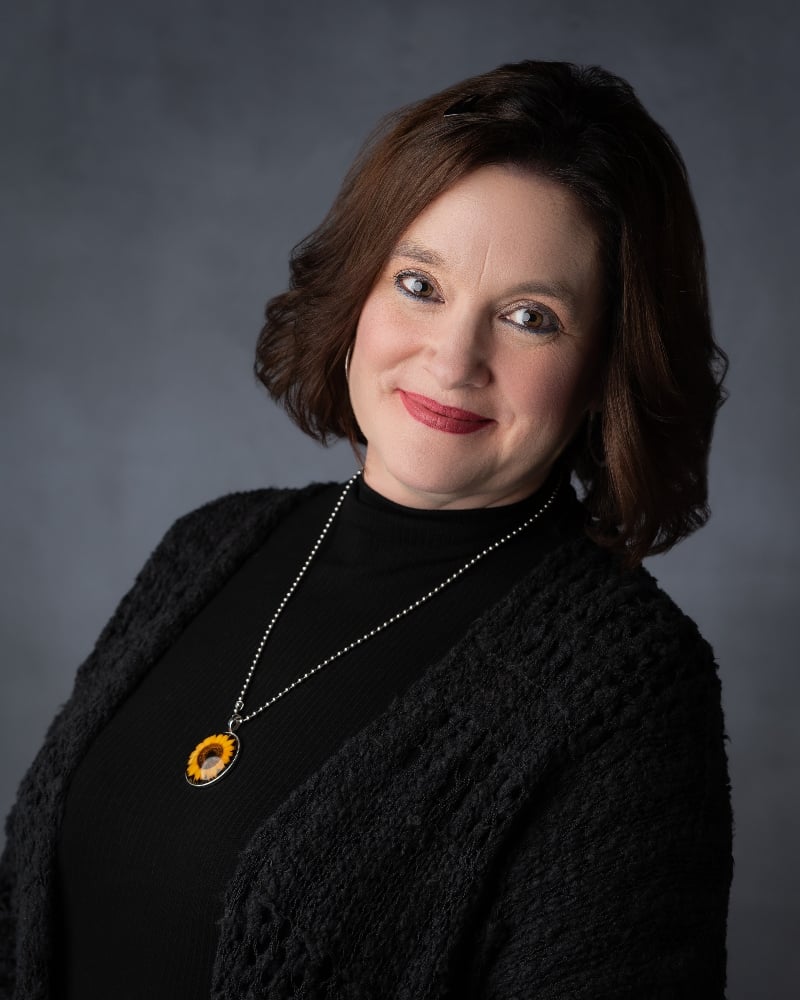 “People who lead simple, unencumbered lives don’t have to deal with real ethical issues. All they do is follow prescribed mores and think they are moral people.” — A non-believer describing his perception of the Christian life
“People who lead simple, unencumbered lives don’t have to deal with real ethical issues. All they do is follow prescribed mores and think they are moral people.” — A non-believer describing his perception of the Christian life
Do you realize, dear fellow Christian, that this is how some perceive you? That you are looked upon as a non-thinking individual whose search for Truth has all but ended because you have found faith? And because that faith has given you prescriptions for how life ought to be lived, you have, in a sense, stopped living already?
I have to admit to feeling a little frustrated over such statements. In fact, in my time talking with atheists over the past year, one of the greatest surprises has been the outside perception of how things are working in Christendom.
At this point I could berate my fellow Christians and myself for not doing enough to prove to the world that this is not so. And of course, that is one response that should be explored. There’s always room for improvement in any human soul. But unencumbered? Who can say my life is unencumbered?
And I guess that’s where I’m stuck today. I’m stuck wondering how it is that any of us can know the soul of another. We don’t even know our own souls half as well as God does, so how is it that we can assume that just because something looks shining to us that there is no burden underneath the surface?
Is it really that we Christians have it easy? Do we really have no reason to think because our Church does it for us? And just because we have ethical guidelines (which I would argue are objective moral truths), does that mean it’s always easy for us to apply them, and that we don’t have deep discussions surrounding all things moral?
I would challenge anyone reading this today to step forward if you have no suffering in your life, if your life is unencumbered, if you pull back from thinking because someone else will do the job for you. Is that what the Christian life is about?
Thank God, it isn’t! No human being, no matter their creed, escapes suffering, though it might take many different forms. Poverty can come in both material and spiritual lack; it’s not always visible. As Christians, we recognize we will never, in this life, escape suffering, but we have the advantage of seeing it through the light of faith, which means we can turn our yoke into something good with God’s help. This is, I see, the greatest strength of the Christian — to find the good in all things. Even the suffering things.
They say it’s not what happens to a person in life so much as how he or she responds that makes a difference. I wouldn’t be surprised if this was first uttered by a Christian. After all, Christ, our Lord, suffered the most gruesome of realities, but beyond that tragedy was a brilliant light — redemption and life.
Maybe, as we embrace our crosses and humble ourselves before the Lord in our Christian journey, it looks as though we are accepting our burdens to a fault, that we are not using our own reasoning capacities, that we are moving through our lives as if with blinders on, being led by some magical puppeteer. From the outside, perhaps that is what is perceived. But from the inside? It’s not what it seems, is it? Not even close.
The truth is, in the end we are limited in our control of others’ perceptions of our lives. We can’t force anyone to see the inside if they are on the outside, and though we can welcome them in, the actual movement toward that must come from their own hearts. Perhaps that is the greatest encumbrance of all — that though we can do our best, in the end we must accept outside notions of ourselves, no matter how untrue.
What we can do, however, is look to those in our community who have gone before us for guidance. As Catholics, we have Mary and the saints as a wonderful cloud of witnesses to the faith. And by the way, if you’ve read anything of the saints’ lives, I’d bet you’d be hard-pressed to come up with one who has lived an unencumbered life. As for Christ and His cross, well, that’s about as encumbered as it gets.
Q4U: How do you feel about being perceived wrongly? What is your response?
Copyright 2011 Roxane Salonen
About the Author

Roxane Salonen
Roxane B. Salonen, Fargo, North Dakota (“You betcha!”), is a wife and mother of a literal, mostly-grown handful, an award-winning children’s author and freelance writer, and a radio host, speaker, and podcaster (“ Matters of Soul Importance”). Roxane co-authored “ What Would Monica Do?” to bring hope to those bearing an all-too-common cross. Her diocesan column, “ Sidewalk Stories,” shares insights from her prolife sidewalk ministry. Visit RoxaneSalonen.com


.png?width=1806&height=731&name=CatholicMom_hcfm_logo1_pos_871c_2728c%20(002).png)
Comments